AAFDA CEO Frank Mullane Awarded MBE in 2019 New Year's Honours list
- Press Release
Upcoming AAFDA conference to request a new law
Upcoming AAFDA conference to request a new law to ensure that perpetrators of domestic abuse are held to account when their victims take their own lives12/09/2025


World Suicide Prevention Day (Wednesday 10th September 2025), the charity AAFDA – Advocacy After Fatal Domestic Abuse - has announced that at its conference on Thursday 25th September, it will be releasing a paper that calls for a new law to ensure perpetrators are held fully to account when their domestic abuse has led to the suicides of their victims. The current homicide law is not providing the appropriate accountability. The conference will also call for Extended Determinate Sentences to be available to be used when persons are convicted of coercive control.
Chief Executive of AAFDA, Frank Mullane MBE, said:
We think, based on attempts so far, that convicting persons of manslaughter following the suicide of a person who was domestically abused is going to be very rare. It means that some perpetrators may escape full justice. Instead, they may only be convicted of other offences attracting much lesser sentences and which do not recognise the full extent of the harm done. This means some dangerous offenders will be more quickly back on the streets able to cause more harm. An example of an offence attracting a lesser sentence is coercive control. Therein lies another problem. The offence of coercive control cannot currently be met with an Extended Determinate Sentence, a mechanism for managing dangerous offenders. The maximum sentence for coercive control is five years (interestingly, a similar but more extensive Scottish offence attracts a maximum sentence of fourteen years). If coercive control could attract an Extended Determinate Sentence, the public would be better protected. We are calling for two changes:
- A new law crafted to assist juries to recognise the causative relationship between domestic abuse and suicide and which would attract a similar sentence to the offence of manslaughter.
- Coercive control to be brought under the remit of Extended Determinate Sentences.
There is increasing recognition that Suspected Victim Suicides after Domestic Abuse (SVSDA) are now the most common form of death after domestic abuse. AAFDA welcomes the reforms that have led to real-time suicide surveillance, improved inter-agency coordination, and the imminent renaming of Domestic Homicide Reviews (DHRs) as Domestic Abuse Related Death Reviews. These reviews are pivotal to ensuring inquests have the right information to draw accurate conclusions.
Inquests have broadened in scope, allowing coroners to consider contributory factors like coercive control. Landmark rulings underscore the growing recognition of psychological abuse as a cause of death and the need for systemic accountability. Together, DHRs and inquests now play a crucial role in uncovering hidden patterns of abuse, informing policy, and preventing future deaths.
However, AAFDA is concerned that the test for causation in manslaughter cases remains a very high bar in cases with victims suffering pre-existing or exacerbated vulnerabilities and that this may continue to inhibit the number of successful prosecutions. Partly, convictions by juries in such cases will need greater public awareness of the insidious effect of coercive and controlling abuse, but it seems to AAFDA that greater reform to criminal law is needed to secure justice for victims who are driven to suicide by their abuser. A new law could assist juries to recognise the causative relationship between domestic abuse and suicide.
At a time when the government has committed to halving violence against women and girls, AAFDA is calling for a focused debate on whether the criminal justice system is failing victims who die by suicide after domestic abuse.
The conference paper will examine:
- The criminal offences available to prosecute perpetrators of abuse after victims take their own life.
- The problems in getting successful prosecutions for manslaughter in these cases.
- What we can we learn from how criminal case law on this topic has evolved in recent years.
- How DHRs and inquests provide accountability for families, and what more can be done.
Finally, the paper will call for a new law and coercive control to be brought under the remit of Extended Determinate Sentences.


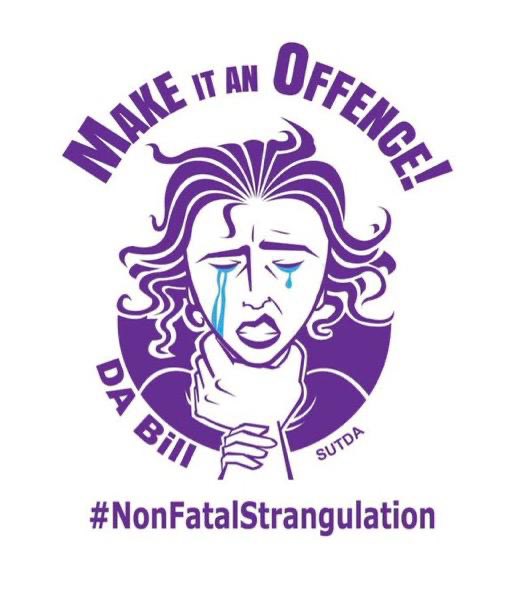









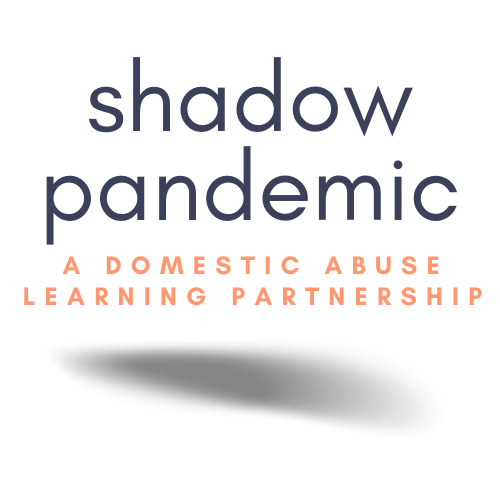
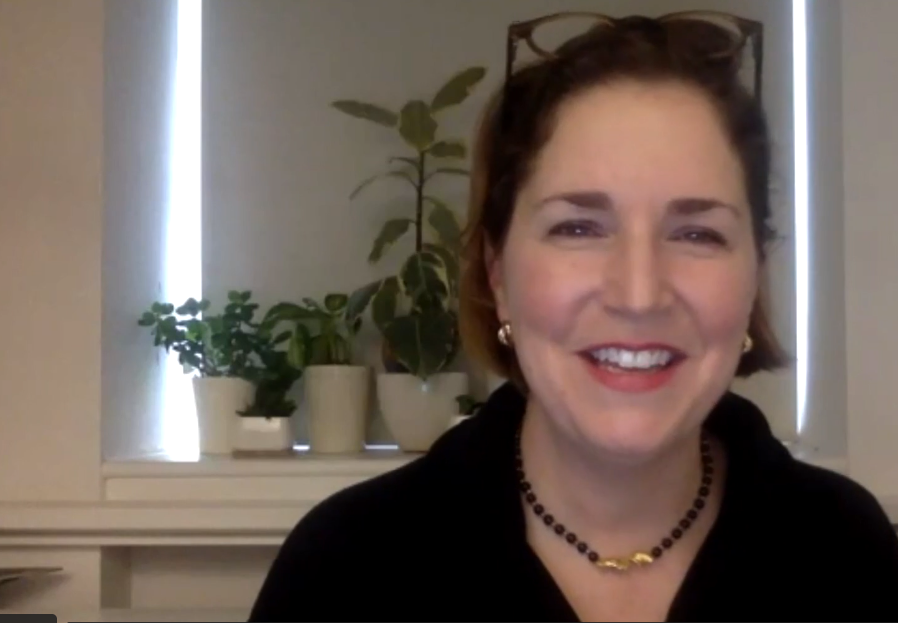




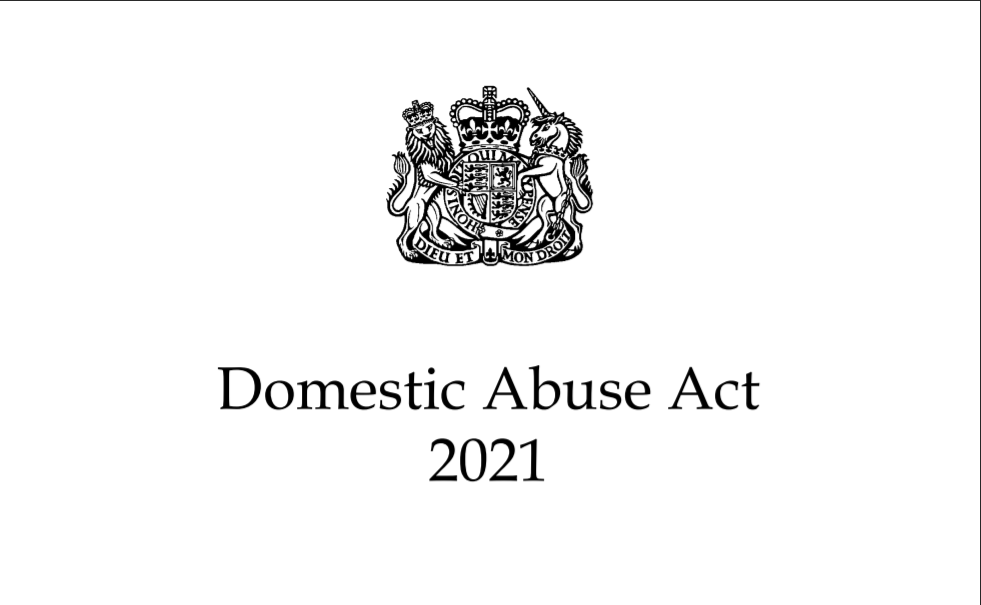
.png)

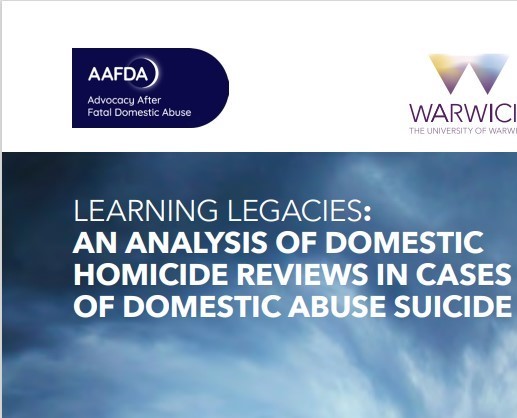




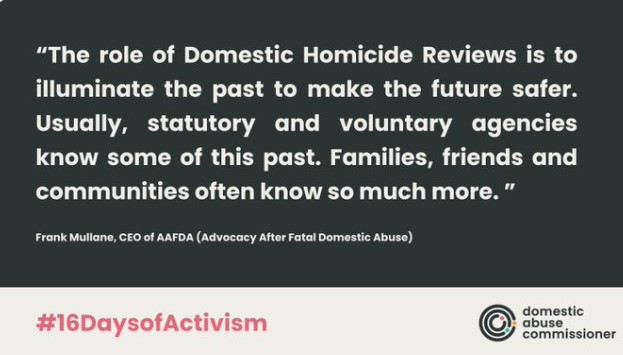



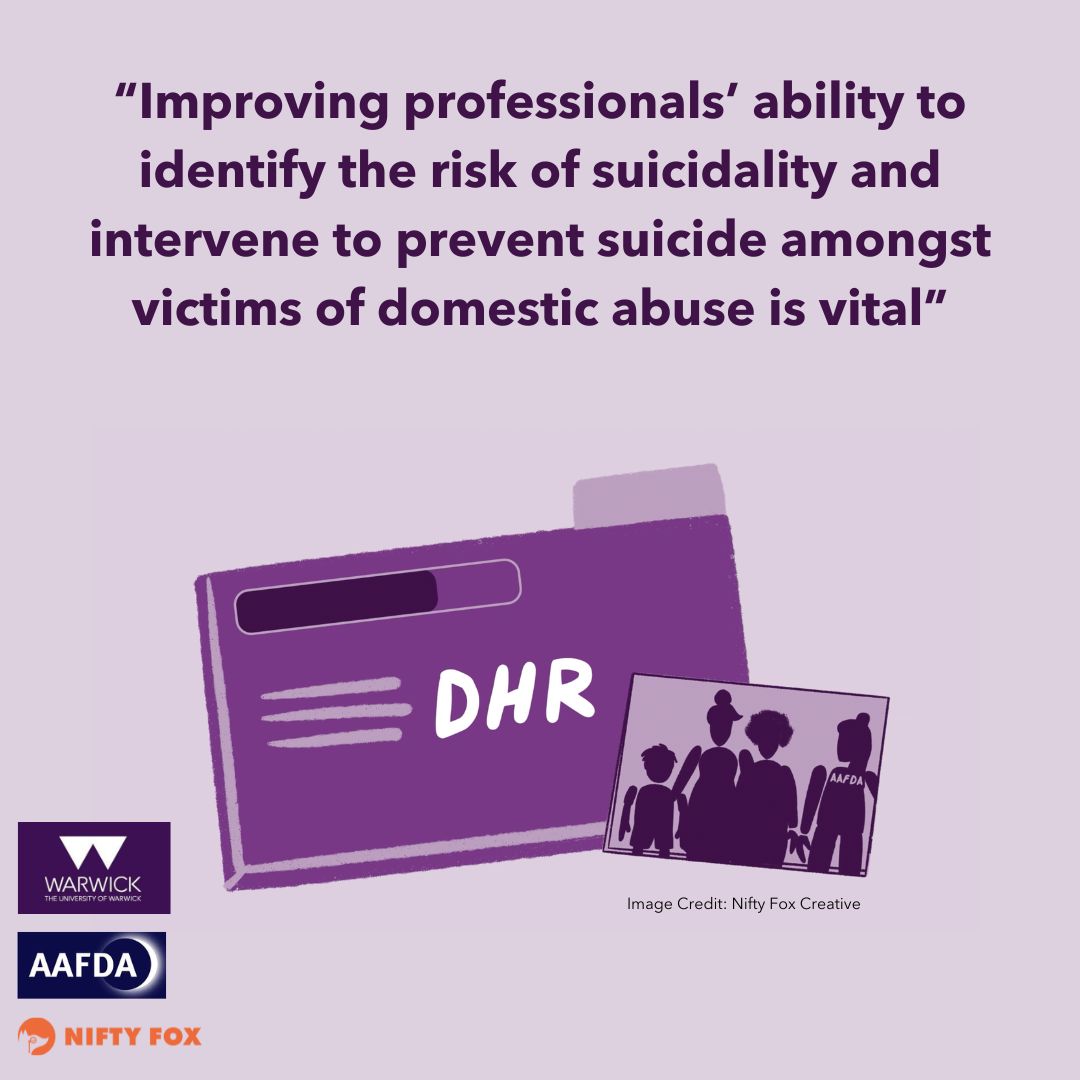

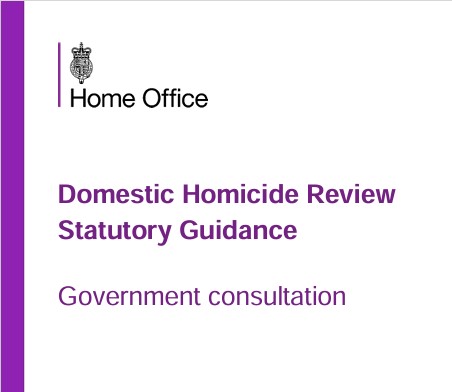

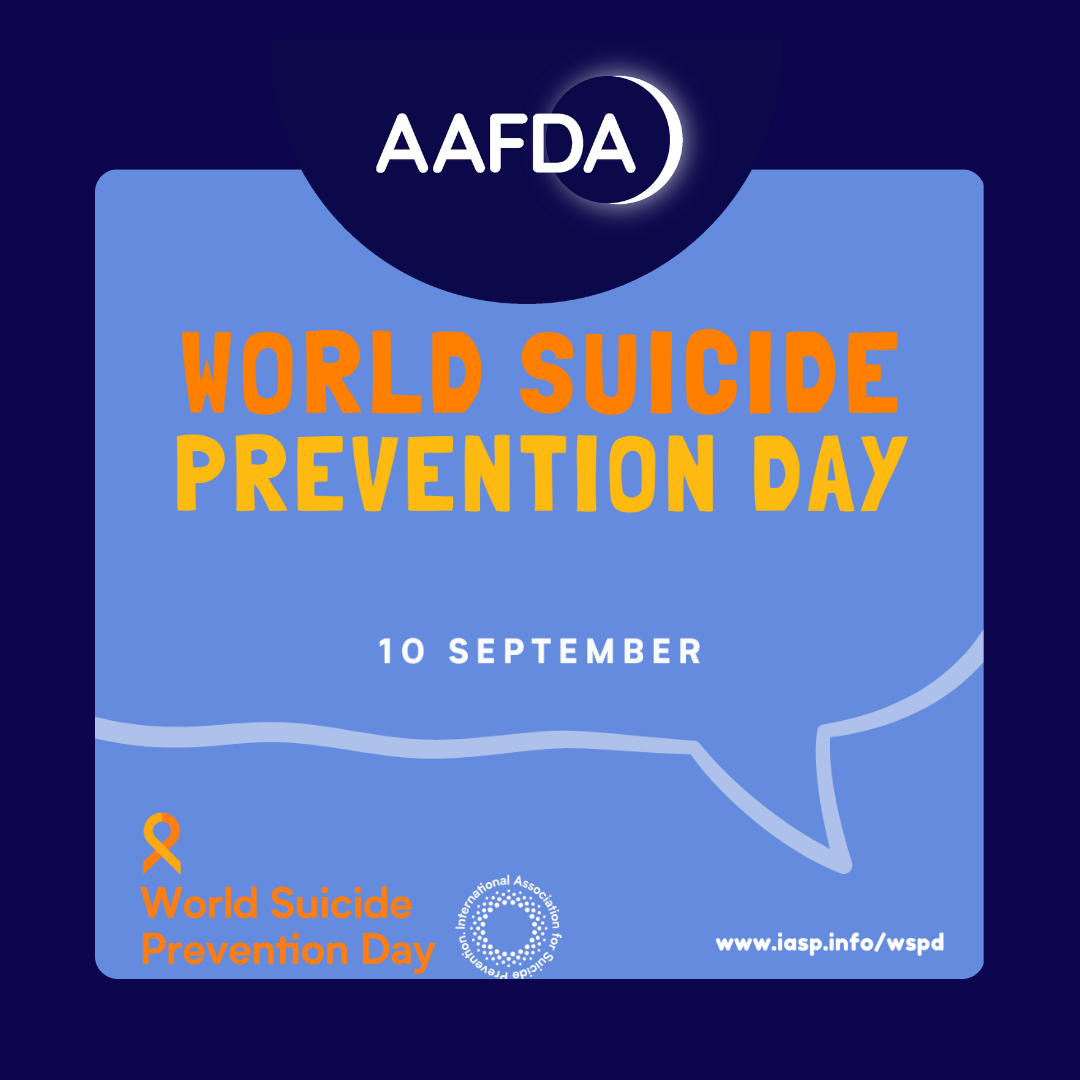


.jpg)




